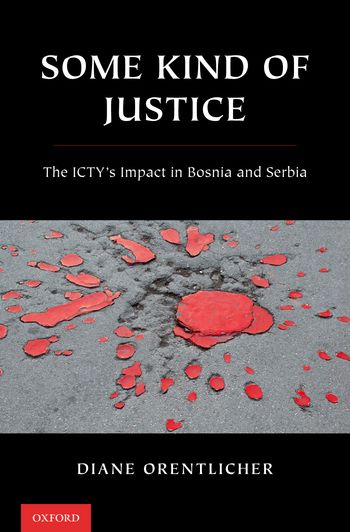
Through an in-depth case study, Some Kind of Justice offers fresh insights about two questions now the subject of robust debate: What goals can we plausibly assign to international criminal tribunals? What factors determine the impact of distant courts on societies that have seen vicious violence? The book offers a timely and original account of how an international war crimes tribunal affects local communities, and the factors that shape its changing impact over time. It explores the influence of the International Criminal Tribunal for the former Yugoslavia (ICTY), launched in 1993 by the UN Security Council at the height of ethnic conflict accompanying the breakup of Yugoslavia, in two countries directly affected by its work. One, Bosnia-Herzegovina, experienced soaring levels of ethnic violence, culminating in the 1995 genocide in Srebrenica. The wartime government of the other country, Serbia, plunged the region into conflict. Scheduled to close at the end of 2017, the ICTY is the longest-running war crimes tribunal in history, and thus offers an incomparably rich case study of how a Nuremberg-inspired tribunal influences societies emerging from ruinous violence.